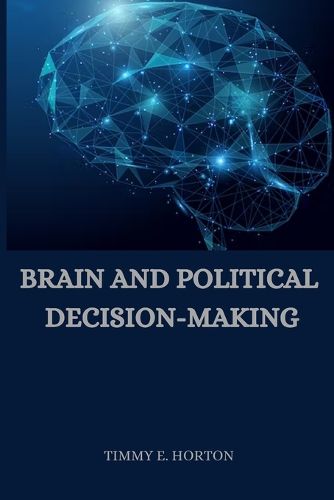Readings Newsletter
Become a Readings Member to make your shopping experience even easier.
Sign in or sign up for free!
You’re not far away from qualifying for FREE standard shipping within Australia
You’ve qualified for FREE standard shipping within Australia
The cart is loading…






This title is printed to order. This book may have been self-published. If so, we cannot guarantee the quality of the content. In the main most books will have gone through the editing process however some may not. We therefore suggest that you be aware of this before ordering this book. If in doubt check either the author or publisher’s details as we are unable to accept any returns unless they are faulty. Please contact us if you have any questions.
The decisions that humans make in daily life often involve choosing amongst outcomes that are not certain. From simple choices about what to eat or wear to potentially serious health or financial decisions that can significantly impact our lives, the consequences of our choices can rarely be predicted with absolute certainty. Economists have long distinguished between two classes of non- certain outcomes: those in which the probability of an outcome is known (risky) and those in which the probability of an outcome is unknown (ambiguous) (Ellsberg, 1961; Knight, 1921). An example of a risky outcome
might be choosing a poker chip from a bag that is known to contain 30 blue chips and 70 red chips. In this scenario, the odds of winning and losing are explicitly known in advance.
$9.00 standard shipping within Australia
FREE standard shipping within Australia for orders over $100.00
Express & International shipping calculated at checkout
This title is printed to order. This book may have been self-published. If so, we cannot guarantee the quality of the content. In the main most books will have gone through the editing process however some may not. We therefore suggest that you be aware of this before ordering this book. If in doubt check either the author or publisher’s details as we are unable to accept any returns unless they are faulty. Please contact us if you have any questions.
The decisions that humans make in daily life often involve choosing amongst outcomes that are not certain. From simple choices about what to eat or wear to potentially serious health or financial decisions that can significantly impact our lives, the consequences of our choices can rarely be predicted with absolute certainty. Economists have long distinguished between two classes of non- certain outcomes: those in which the probability of an outcome is known (risky) and those in which the probability of an outcome is unknown (ambiguous) (Ellsberg, 1961; Knight, 1921). An example of a risky outcome
might be choosing a poker chip from a bag that is known to contain 30 blue chips and 70 red chips. In this scenario, the odds of winning and losing are explicitly known in advance.